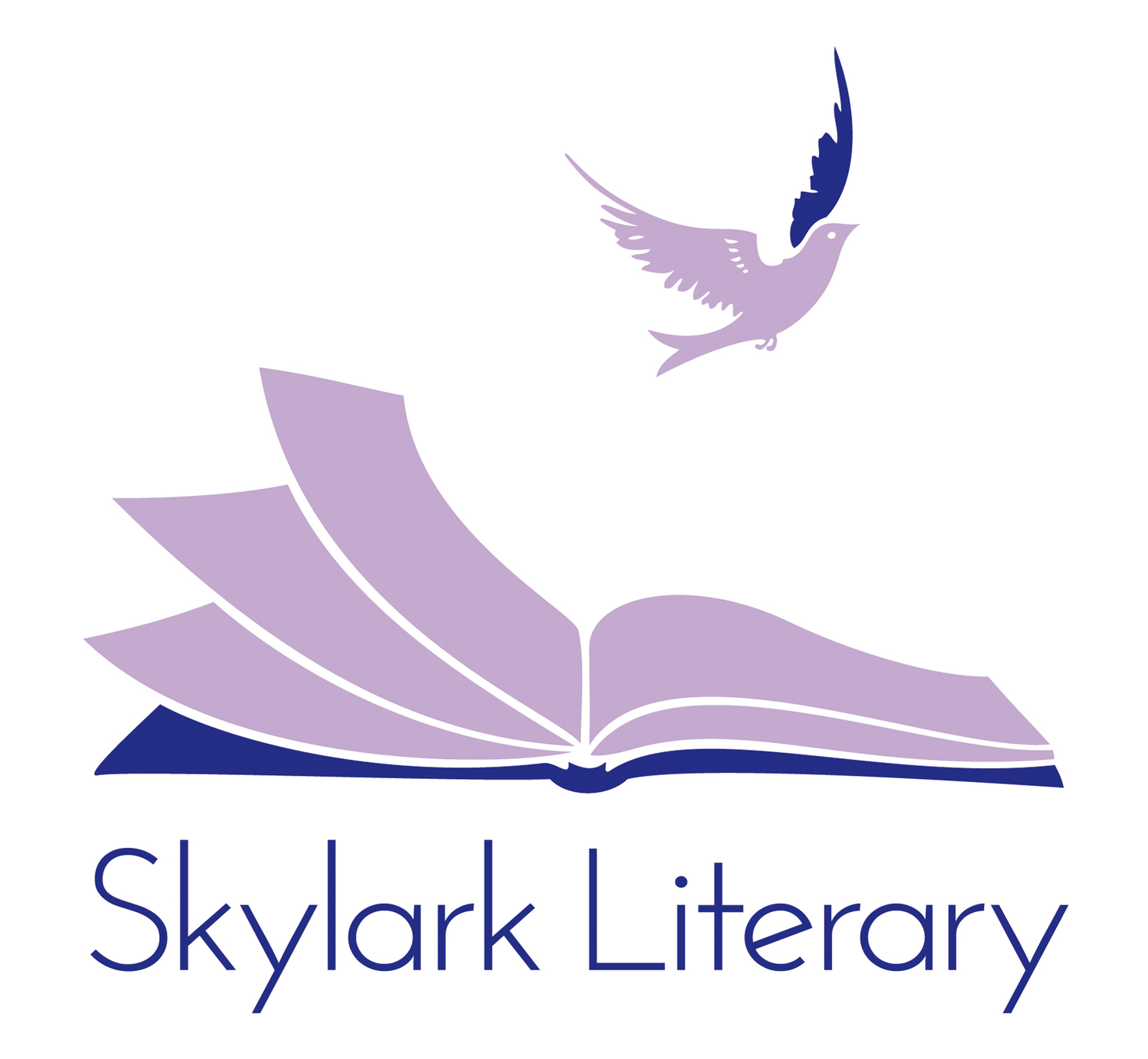Image from belgianchocolate from Antwerpen, belgium
An #askagent session on Twitter, when you work in Children’s fiction, can throw up many weird and wonderful things - including, like last night, a discussion about cute baby owls! But today I want to discuss something we get asked about much more frequently (even though it’s a lot less cute to look at - hence the little owl above! You’re welcome! 😊).
Last night we held the first of Skylark Literary’s #askagent Twitter sessions, something we intend to do regularly as a way of reaching out to all the exciting, inspiring writers for children who have questions! Lots of writers have told us that they love to write but have lots of questions about how publishing works and what to expect – the good, the bad and the ugly! Hopefully, our #askagent sessions will provide a space for people to ask any and all questions – and we’ll do our best to answer helpfully! (Follow us on Twitter and Facebook if you want to know when the next session will be because we’ll announce it there.)
One question that crops up time and again is the issue of how long a book should be for a given age group, so we decided to tackle that in today’s blog. We want to stress that every rule is made to be broken and there will always be the novels that are so brilliant they can break all the rules and get away with it, but we’ve tried to put together what we hope are some helpful guidelines for Children’s and YA fiction . . .
Early/first reader/chapter books (often illustrated but not ‘picture books’) for children aged around 5 probably shouldn’t really be longer than 3,000 words tops and could be as little as 1,000 words.
Story books for 5-7s could be anywhere up to around 8,000 words.
Stories for 7-9s can be up to 15,000 words.
Middle-grade novels – commonly considered to be for readers aged 8/9-12 – can be anywhere between about 20,000 and 70,000 words (bear in mind you’re covering a wide age band with lots of different reading abilities in this bracket). Ideally, though, your novel would be in the lower-middle area of the bracket – 35,000 to 45,000 words is great! Long middle-grade novels (over 55,000 words) can be tricky because if a book looks too big and heavy (physically) then that can be daunting to young readers. Such novels may also struggle when it comes to translation sales because in most other languages your book will be much longer!
YA novels can go higher in terms of word-count (especially if they fall into the ‘high fantasy’ genre but 60,000 to 85,000 words is a good length even for the top-end teen/crossover titles.
We hope this guide is helpful. Don’t panic if your book falls outside these parameters – so do some of the greats! These numbers are only rough, but it’s good to be aware of what commonly works and make sure your reasons are solid for stepping outside the boundaries.
The funniest thing to come out of last night's #askagent was the picture of the baby owls (even cuter than the one above) courtesy of @MelissaHed. Thanks Melissa, we're besotted!


